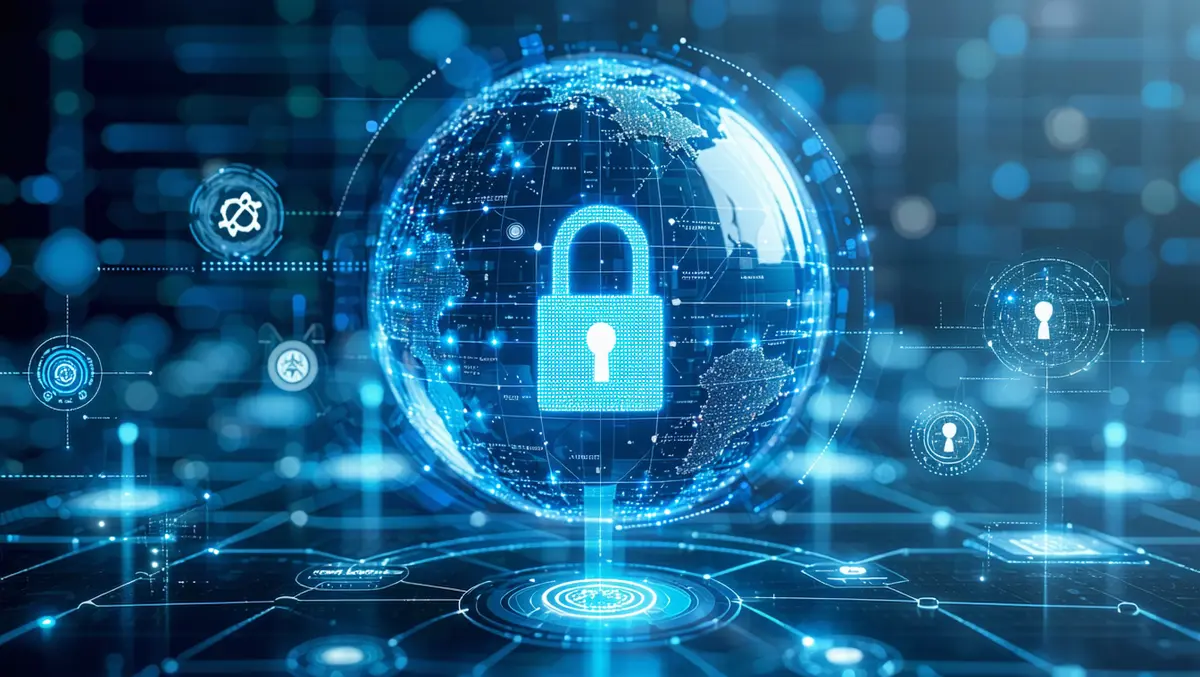
Data protection importance grows with AI & digital twins
Jon Fielding, Managing Director for Europe, the Middle East, and Africa at Apricorn, underscores the increasing significance of Data Protection Day in light of advancements in artificial intelligence and the emergence of digital twins.
Mr Fielding points out the expansion of our digital identities, noting, "Data Protection Day has never been more relevant in the era of AI as we look to the future and the creation of digital twins. Most of us already have a sizeable digital footprint and it's easy to see how that could evolve into a digital self that may even take part in meetings on our behalf and report back to us. The danger this creates is that there will be an even greater threat to our personal data which can then be used to impersonate us which could be used for identity fraud in numerous ways – not just financial but for romance fraud, vote rigging and other uses. Its therefore imperative users seek to govern and take control over their data now."
He advocates for the use of personal data vaults (PDVs) as a practical approach to manage and secure personal data, adding, "One way they can do this is to use a personal data vault (PDV) that prevents personal data from being spread across multiple systems. It effectively gives the user back control of their data which is currently mined, shared and monetised by tech companies. Individuals can then consent to who can access their data and control how it will be used and even sell it themselves. From a security perspective, PDVs make a lot of sense as they allow users to back up their data securely and organisations too are embracing the technology to guard against a breach."
Referencing existing data protection measures, Mr Fielding remarks on the effectiveness and limitations of current regulations. "We've already seen steps made in this general direction under GDPR with the right to access data held on a data subject and the right to be forgotten which sees data permanently erased. But many supporters of PDVs are calling for the United Nations to go a step further and to designate the right to control your data as a basic human right. Ideally, we need to see this type of provision become mainstream so that this treasure trove of personal data is afforded the protection it needs."
In recognising situations where data needs to be securely accessible to others, Mr Fielding advises on methods of secure data storage. "Equally, we also need to improve how data is made accessible. There will be times when we need to hand over access to family members or the authorities and in those instances it's crucial that data is stored and can be retrieved safely. Be it details on the utility suppliers, insurance providers for the house/car/travel or bank details, that information is often known only to one individual and if anything happens to them it can be very difficult for their family to assist. Ensuring there are copies of data held locally on an encrypted hard drive or USB as well as securely in the cloud can make this a much easier process."
Concerns over the management of legacy data are also highlighted, with Mr Fielding discussing potential posthumous data privacy issues. "Finally, there's the issue of what happens to legacy data. When we pass on, we leave behind a lifetime of data which companies continue to monetise without the need for any consent. Data privacy regulations currently only apply to the living and there's no protection awarded to the deceased. In the age of AI, this data is now being used to create immortal digital personas, an example being a recent interview conducted by the late Michael Parkinson. But there's also the risk that data will be abused and used to commit fraud using that person's identity. We therefore need to explore what happens to data storage after our demise, whether this needs to be made into law and part of the Will, for example, and for data regulations to address what constitutes and acceptable commercial usage of someone's identity."


